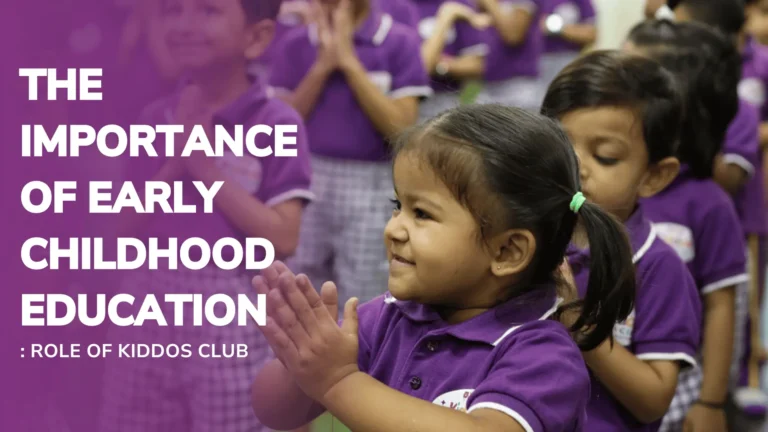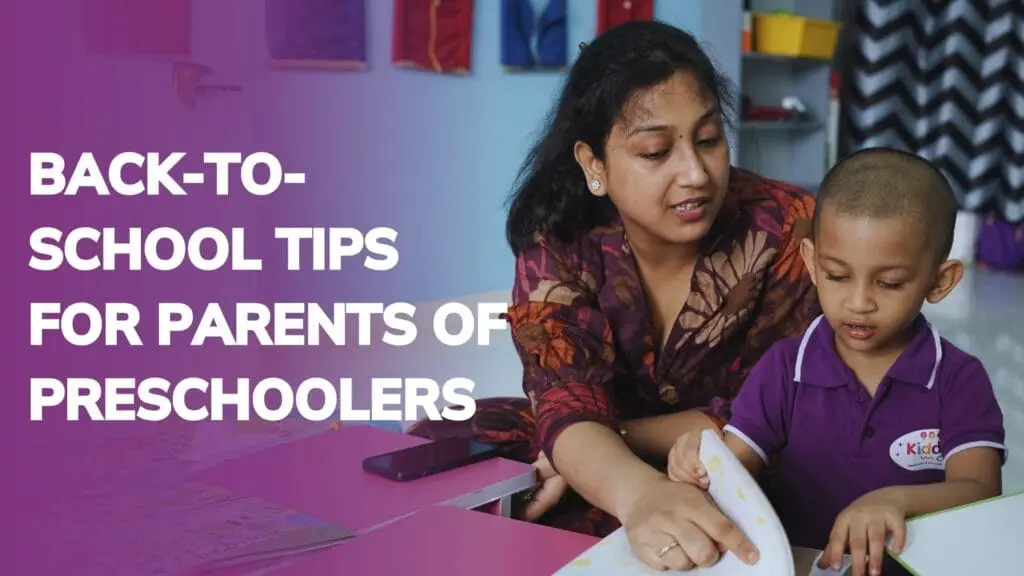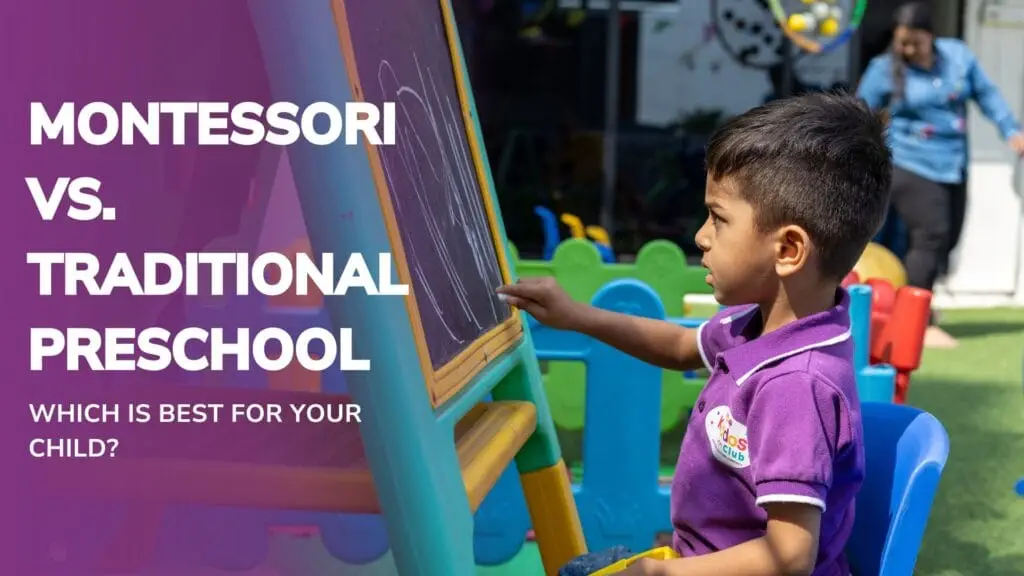The Role of Early Childhood Care
The Benefits of Early Childhood Education
- Cognitive Development: Early childhood education stimulates brain development, improving children’s language, literacy, and numeracy skills. Children who attend preschool are better prepared for the academic demands of school.
- Social and Emotional Skills: ECE helps children develop social skills such as sharing, taking turns, and cooperating with others. It also fosters emotional skills like empathy, self-regulation, and resilience.
- Long-term Educational Outcomes: Children who receive early education are more likely to graduate from high school, attend college, and achieve higher levels of education. This early investment in education pays off in the form of higher earnings and better job opportunities.
- Reduced Special Education Needs: Early identification and intervention for developmental delays can reduce the need for special education services later in life, saving costs and improving outcomes for children.
Education Early Childhood: The Role of Kiddos Club
- The Importance of Play in Early Childhood Education Play is a central component of early childhood education. Through play, children explore their world, learn new skills, and develop social relationships. Play-based learning allows children to experiment, solve problems, and express their creativity. It also promotes physical development as children engage in active play, improving their motor skills and overall health.
- Early Childhood Education Courses: Preparing Educators To ensure high-quality early childhood education, it is essential to have well-trained educators. Early childhood education courses provide aspiring educators with the knowledge and skills they need to support young children’s development. These courses cover a range of topics, including child development, curriculum planning, assessment, and classroom management. By completing these courses, educators are better equipped to create positive and effective learning environments for young children.
Challenges in Early Childhood Education
Despite the many benefits of early childhood education, several challenges must be addressed to ensure all children have access to high-quality programs. Some of these challenges include:
- Access and Affordability: Many families face barriers to accessing early childhood education, including high costs and limited availability of programs. Ensuring that all children have access to affordable, high-quality early education is crucial.
- Quality of Programs: The quality of early childhood education programs can vary widely. Ensuring consistent quality across programs is essential for maximizing the benefits of early education.
- Workforce Development: Attracting and retaining qualified early childhood educators is a significant challenge. Providing competitive salaries, professional development opportunities, and supportive working conditions can help address this issue.
- Family Engagement: Engaging families in their children’s early education is vital for success. Programs need to involve parents and caregivers in their children’s learning and development.
The Future of Early Childhood Education
The future of early childhood education looks promising, with increasing recognition of its importance and investment in early learning programs. Governments, educators, and communities are working together to expand access to high-quality early childhood education and improve outcomes for all children.
Innovative Approaches to Early Childhood Education
At Kiddos Club International Preschool and Daycare we follow innovative approaches to early childhood education which are emerging, focusing on holistic development and individualized learning. These approaches include:
- STEM Education: Introducing young children to science, technology, engineering, and mathematics (STEM) concepts through play-based activities. This helps develop critical thinking and problem-solving skills.
- Nature-based Learning: Incorporating outdoor learning experiences that connect children with nature. This approach promotes physical activity, environmental awareness, and well-being.
- Technology Integration: Using technology as a tool to enhance learning experiences. Interactive apps, educational games, and digital storytelling can support children’s learning in engaging and meaningful ways.
- Cultural Competence: Creating inclusive learning environments that reflect and respect the diverse backgrounds of children and their families. This promotes a sense of belonging and understanding of different cultures.
Conclusion
Early childhood education is a fundamental component of a child’s development and future success. By providing high-quality early childhood care and education, we can ensure that all children have the opportunity to reach their full potential. Investing in early childhood education benefits not only individual children but also society as a whole, leading to better educational outcomes, a stronger workforce, and a more equitable and prosperous future. Educators, families, and policymakers must work together to overcome challenges and create a supportive and enriching environment for our youngest learners.
Visit Kiddos Club today and take a step forward for your child’s early development.




